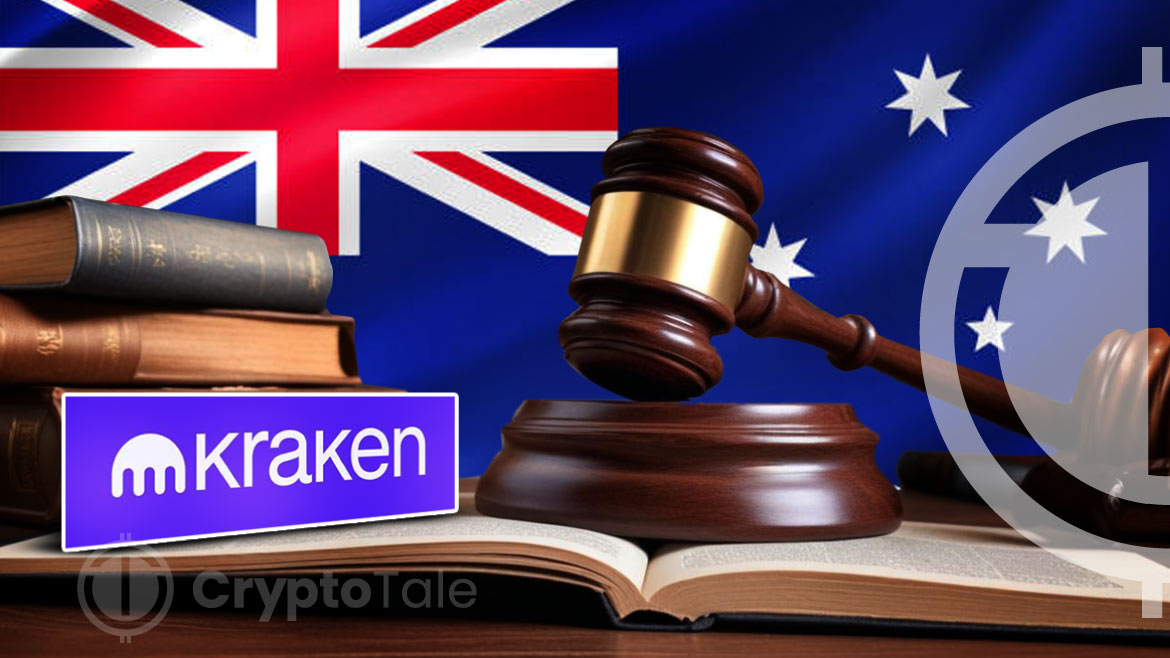The Federal Court of Australia has ruled against Bit Trade Pty Ltd, the operator of Kraken’s crypto exchange in Australia. The ruling stems from a failure to comply with design and distribution obligations when offering a margin trading product to Australian customers. Bit Trade has been found in breach of the Corporations Act, signaling a notable regulatory challenge for the global crypto firm.
Since October 2021, Bit Trade’s margin trading product, known as “margin extension,” has been available to customers on Kraken’s platform without a required target market determination. This omission led to multiple violations of section 994B(2) of the Corporations Act. Consequently, the Australian Securities and Investments Commission (ASIC) initiated legal proceedings to address the regulatory shortcomings. ASIC Deputy Chair Sarah Court highlighted the importance of compliance in the crypto sector, stating,
This is a big outcome for ASIC involving a major global crypto firm. We initiated proceedings to send a message to the crypto industry that we will continue to scrutinize products to ensure they comply with regulatory obligations to protect consumers.
The margin extension product allowed customers to extend credit up to five times the value of their collateral, payable in digital assets like Bitcoin or national currencies such as the U.S. dollar. However, the court determined that while the obligation to repay in digital assets did not constitute deferred debt, the repayment in national currency did. This finding classified the product as a credit facility under Australian law.
Kraken Returns: German Government Recovers $141 Million in Bitcoin
Justice John Nicholas, who presided over the case, agreed with ASIC’s assertion that the margin extension in national currency created a deferred debt, thereby violating regulations related to credit facilities. Both ASIC and Bit Trade have seven days to finalize declarations and injunctions, with ASIC intending to seek financial penalties against the company.









